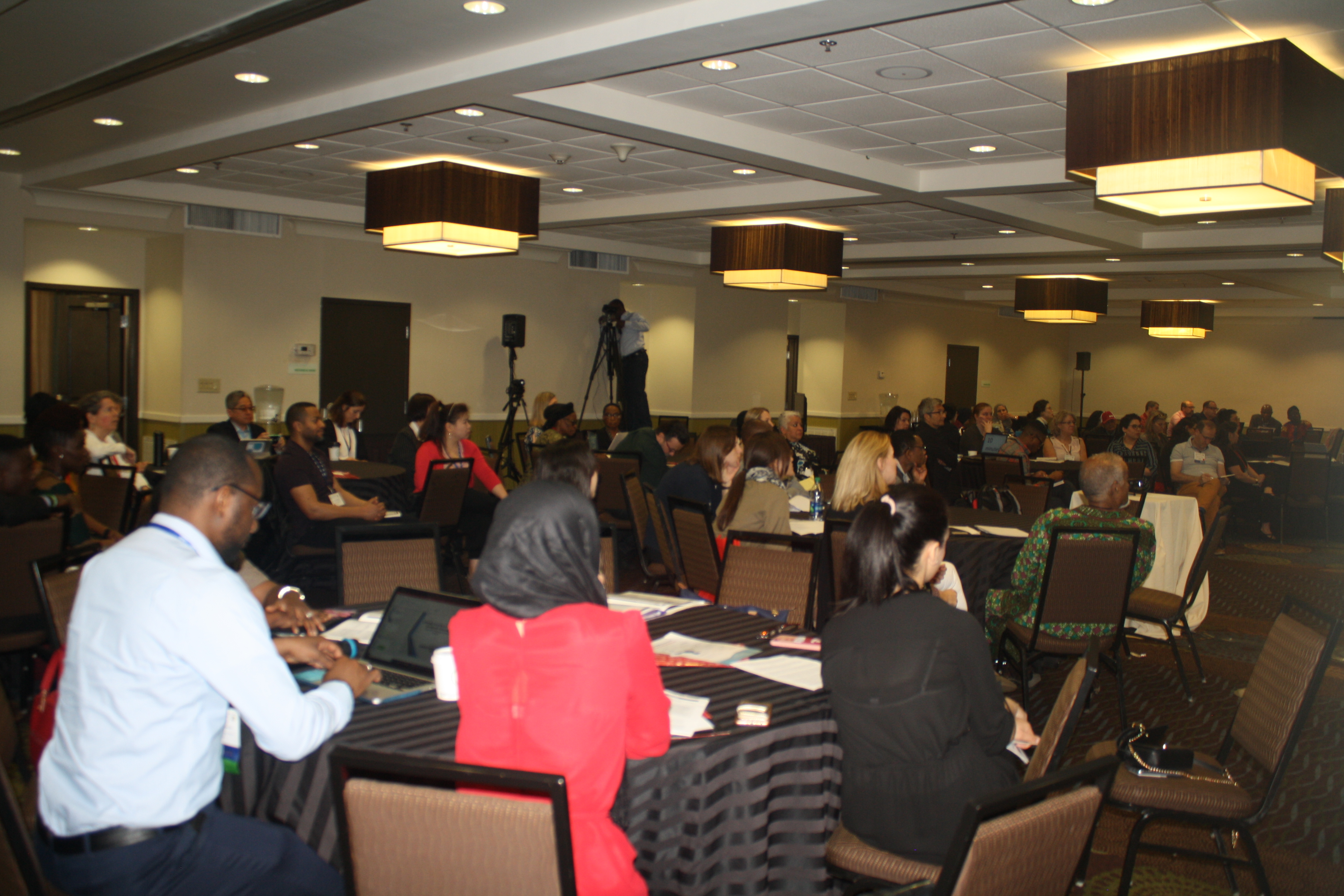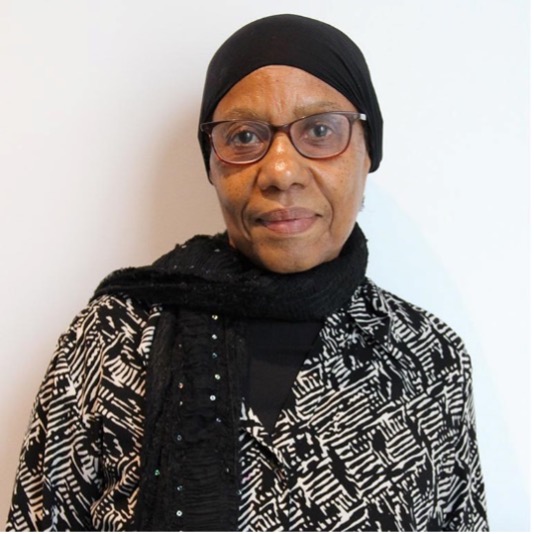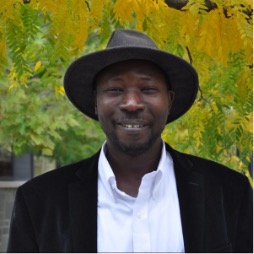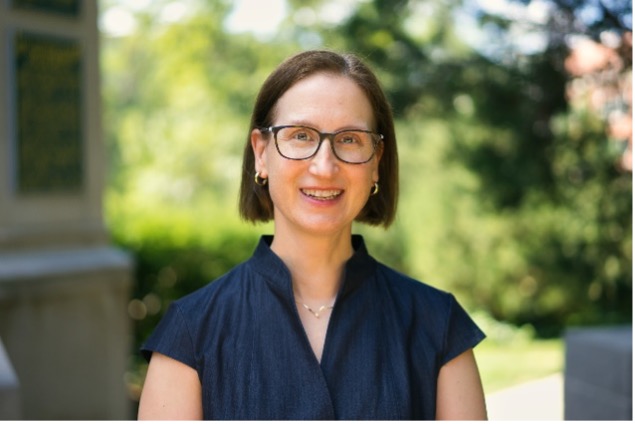African Language Teachers Association (ALTA) Conference
2023 ALTA Annual Conference
NAVIGATING CURRENT CHALLENGES IN THE TEACHING AND LEARNING OF AFRICAN LANGUAGES
14-15 April 2023
Howard University, Washington, DC

About the Conference
This conference aims to pursue a new pathway for advocating innovative approaches in research and practices, maximizing professional exchanges and collaboration among African language educators, and leveraging resources and strengths in the African languages community. We cordially invite researchers, educators, practitioners, program developers, and administrators in the African languages community organizations, nationally and from the Continent of Africa to attend the conference.
This year’s conference will be held virtually on Zoom and Hosted by Michigan State University
Meet Our Keynote Speakers
Our bench of speakers includes some well-established and successful languages instructors and experts who are known to be leaders in the industry for years. Join us at the conference and share with us your research and take a step closer to being an expert.
Keynote Speaker Day 1

Prof. Alwiya Omar
Alwiya Omar is Clinical Professor of Linguistics, and the coordinator of African languages in the African Studies Program at Indiana University, Bloomington. Her research interests include second language acquisition, cross-cultural pragmatics, web-based language instruction, and study abroad language programs. She directed the Kiswahili Flagship program from 2010 to 2015 and STARTALK summer Kiswahili program for middle and high school students from 2010 to 2016, and again in 2019. Professor Omar served as president of the National Council of Organizations of Less Commonly Taught Languages (NCOLCTL) from 2012 to 2014, and president of the African Language Teachers Association (ALTA) from 2004 to 2006. In 2015, she received the Carnegie Diaspora Fellowship to collaborate with the State University of Zanzibar in developing Kiswahili Linguistics curricula as well as teach and supervise graduate students. In 2018, Professor Omar was awarded the Ronald Walton Lifetime Achievement Award from the National Council of Less Commonly Taught Languages for service and contributions in fostering less commonly taught language initiatives.
Keynote Speaker Day 2
Fallou Ngom is a Professor of Anthropology and former Director of the African Studies Center at Boston University. His research interests focus on the intellectual written histories of Africa, the interactions between African languages and non-African languages, the adaptations of Islam in Africa, and Ajami literatures (records of African languages written in enriched forms of the Arabic script) in Africa and the diaspora. His recent work focuses on Islam and grassroots literacies in Africa, and sociolinguistics and linguistic anthropology. He has held Fulbright, ACLS, and Guggenheim fellowships. His most recent research has been supported by the British Library Endangered Archives Programme and the National Endowment for the Humanities. Professor Ngom has led several African language instructional materials projects including the materials for Ajami literacy project, and the African Proverbs Project which consists of multimedia instructional materials for advanced Amharic, Hausa, Wolof, IsiZulu, IsiXhosa, and Swahili learners. Professor Ngom’s work has appeared in the African Studies Review, History Compass, Islamic Africa, Journal of Arabic and Islamic Studies, Journal of Multilingual and Multicultural Development, Language Variation and Change, and International Journal of the Sociology of Language. His book, Muslims beyond the Arab World: The Odyssey of Ajami and the Murīdiyya (Oxford University Press, 2016), won the 2017 Melville J. Herskovits Prize for the best book in African studies.

Prof. Fallou Ngom
Workshop (Start of Day 2)
Strategies for African and LCT Language Teachers to Keep Students Motivated and Purposeful in their Learning
Dr. Paula Winke (Michigan State University) & Dr. Magdalyne Akiding (Howard University)
Abstract
Teachers can implement a multitude of motivational strategies to increase and sustain their learners’ motivation (Dörnyei, 2001). Doing so, according to Dörnyei, (1) creates the basic motivational conditions for motivated learning, (2) enhances language learners’ positive values and attitudes toward learning, (3) maintains and protects students’ motivation, and (4) encourages positive, retrospective self-evaluation that increases learner satisfaction. So what is not to love? In this 2-hour workshop, we train language teachers on the motivational strategies discussed in the literature that have been proven to assist African language teachers in developing a social dynamic in the classroom that fosters positive learning experiences. We center these teachings around three helpful tools that can promote student motivation for learning. We first review a checklist of healthy classroom-language teaching strategies, and we showcase individual teachers’ uses of those strategies, as ascertained through semi-structured interviews as part of Dr. Akiding’s recent research work on the motivational strategies used by instructors of Swahili and Zulu. We ask you which strategies you use, which ones you do not, and discuss reasons why or why not you use them. We further propose the various strategies’ benefits. We then showcase a self-assessment for students, which is composed of ACTFL Can-do statements. We have you take the self-assessment, and explain how students can use it to record their progress in learning African and other LCT languages. We demonstrate how the self-assessment can help students have agency, and how the self-assessment can serve to further promote awareness of classroom language proficiency goals. Third and finally, we showcase an oral task that teachers can use as a template for creating motivating and engaging oral tasks in their classrooms. Come join us to learn about social and cultural instructional strategies that are proven to contribute to positive outcomes!
Facilitators

Paula Winke, Ph.D.
Paula Winke is a Professor in the Department of Linguistics, Languages, & Cultures at Michigan State University, where she is the Director of the Second Language Studies Ph.D. Program. She is co-editor (with Luke Harding) of the international journal Language Testing and is on the Editorial Board of the Modern Language Journal. She is currently serving as an external member on the U.S. Foreign Service Institute’s “Task Force for the Future of Language Testing,” which is working to reform the FSI’s language testing programs based on recommendations from a National Academy of Sciences consensus report (National Academies Press, 2020), of which Dr. Winke is a co-author. Dr. Winke won the research article of the year award from the Computer-Assisted Language Instruction Consortium (CALICO) Journal (2008, with Senta Goertler), the TESOL International Association (2012), and the American Association of Applied Linguistics (2020, with graduate students and former students). In 2021, she won the Paul Pimsleur Award for Research in World Language Education with her former graduate student Xiaowan Zhang and colleague Shaunna Clark. At Michigan State University, Dr. Winke teaches Language Testing Methods and Individual Differences in Second Language.

Magdalyne Akiding, Ph.D.
Magdalyne Oguti Akiding received a Bachelor of Education degree from Pwani University, Kenya. She came to the United States in 2015 to pursue a master’s degree in Applied Linguistics and to teach Swahili at Ohio University in Athens, Ohio. Thereafter, she went to Michigan State University for doctoral studies. She recently graduated with a Ph.D. in Second Language Studies. While at MSU, Magdalyne also taught Swahili in the African Flagship Languages Initiative (AFLI), an intensive summer program hosted by the University of Florida. Magdalyne is currently teaching Swahili at Howard University in Washington DC.
Our Partners
It is not possible to host several events and conferences without helping hands. We have several partners who volunteer to help us physically and financially to make things happen.
